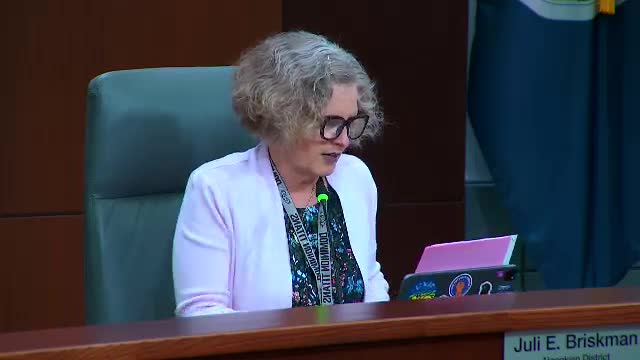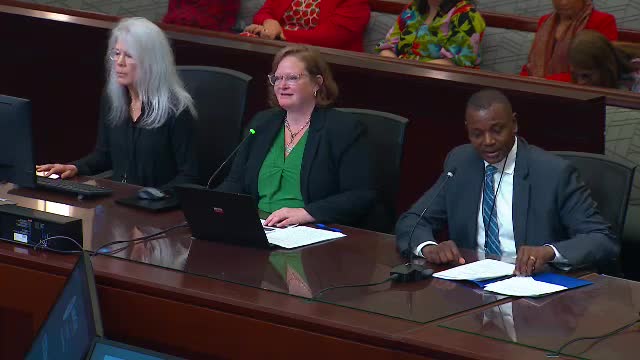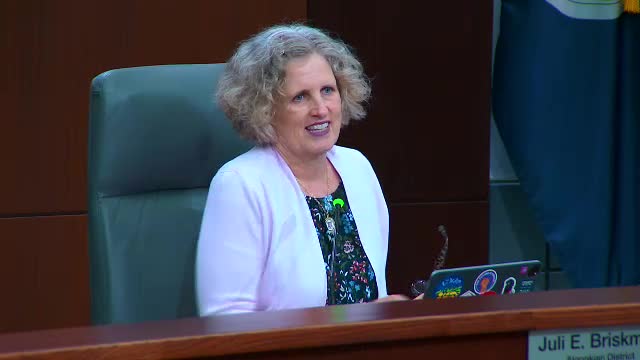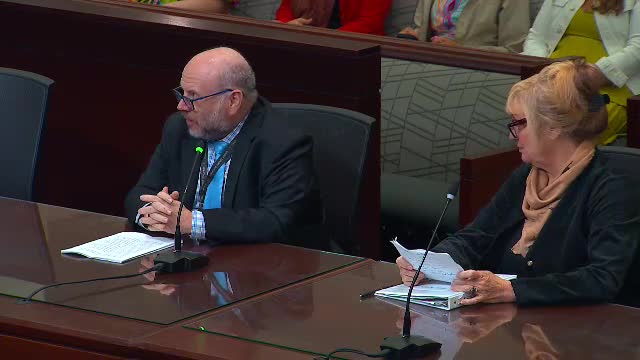Article not found
This article is no longer available. But don't worry—we've gathered other articles that discuss the same topic.

Committee approves consent agenda, contract renewals and program endorsements; votes at a glance

Board committee backs funding for human-services nonprofits after competitive review; staff to coordinate with Community Foundation

Rural Economic Development Council urges board to support agricultural enterprises, cites sales decline

